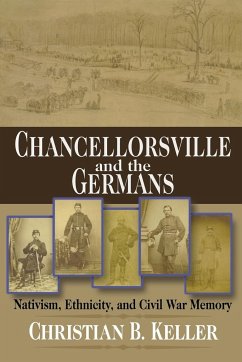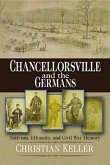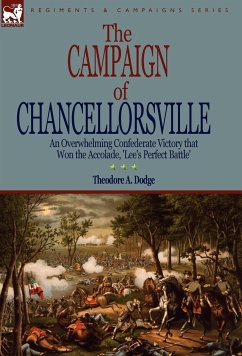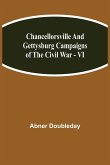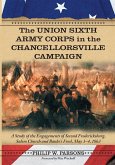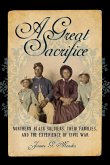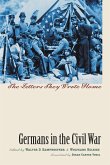Often called Lee's greatest triumph, the battle of Chancellorsville decimated the Union Eleventh Corps, composed of large numbers of German-speaking volunteers. Poorly deployed, the unit was routed by "Stonewall" Jackson and became the scapegoat for the Northern defeat, blamed by many on the "flight" of German immigrant troops. The impact on America's large German community was devastating. But there is much more to the story than that. Drawing for the first time on German-language newspapers, soldiers' letters, memoirs, and regimental records, Christian Keller reconstructs the battle and its aftermath from the German-American perspective, military and civilian. He offers a fascinating window into a misunderstood past, one where the German soldiers' valor has been either minimized or dismissed as cowardly. He critically analyzes the performance of the German regiments and documents the impact of nativism on Anglo-American and German-American reactions--and on German self-perceptions as patriots and Americans. For German-Americans, the ghost of Chancellorsville lingered long, and Keller traces its effects not only on ethnic identity, but also on the dynamics of inclusion and assimilation in American life.
Hinweis: Dieser Artikel kann nur an eine deutsche Lieferadresse ausgeliefert werden.
Hinweis: Dieser Artikel kann nur an eine deutsche Lieferadresse ausgeliefert werden.
